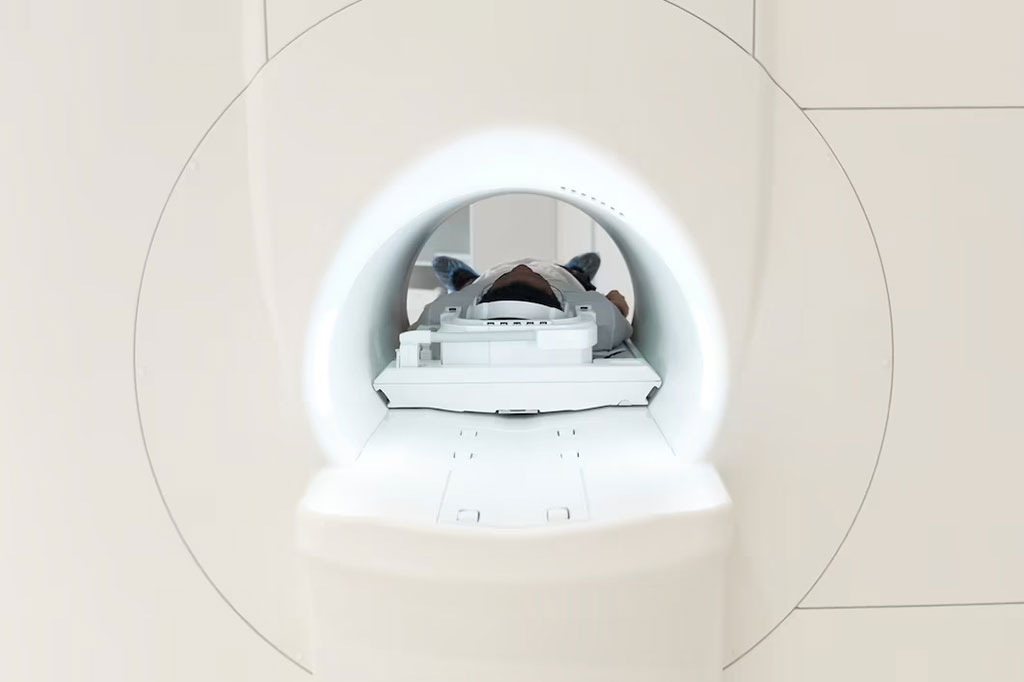New PET/MR Imaging Technique Could be a Game Changer for Treatment of Crohn's Disease
Posted on 12 Apr 2023
Crohn's disease, a chronic inflammatory intestinal disorder, often results in painful bowel constrictions known as intestinal strictures. These strictures commonly cause cramping pain and digestive issues in patients with Crohn's disease and typically require treatment. While drug therapies effectively treat purely inflammatory strictures, surgical intervention is needed for fibrotic narrowing, which involves irreversible tissue changes. However, varying degrees of inflammation and fibrosis often coexist, and until recently, there has been a lack of methods to accurately characterize these complications for targeted treatment. Currently, no imaging procedure allows for therapy-relevant differentiation between intestinal wall inflammation and fibrosis. Now, a new imaging technique may enhance the treatment of intestinal strictures.
Interdisciplinary research at the Medical University of Vienna (Vienna, Austria) has employed a novel nuclear medicine tracer for the first time in pursuit of more accurate imaging methods. This FAPI tracer specifically binds to the fibroblast activating protein (FAP) of connective tissue cells that cause fibrosis in the affected intestinal wall. By using the new tracer, PET-MRI diagnostic procedures have demonstrated a strong correlation between molecular imaging and the pathological extent of fibrosis. This technique even allows for differentiation between moderate and severe intestinal wall fibrosis, which is essential for making therapy decisions.

"In future, the molecular imaging we have developed could be used to identify those patients who would benefit from surgical intervention at an early stage, thereby sparing them the need for less effective drug therapy for fibroid-stenosis," said co-study leader Michael Bergmann from the Department of Visceral Surgery at MedUni Vienna's Department of General Surgery.
Related Links:
MedUni Vienna














